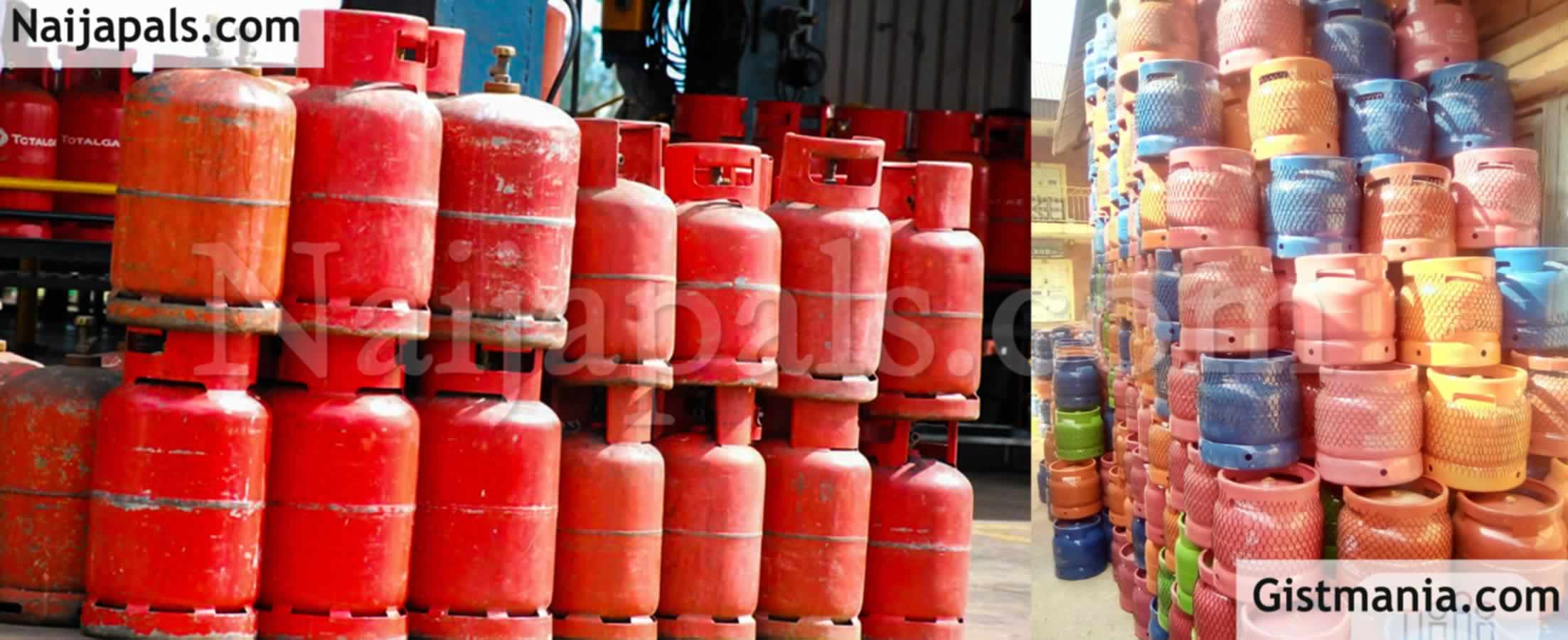
Although Nigeria’s recent Liquefied Petroleum Gas (LPG) export ban aims to stabilize cooking gas prices, industry experts caution that consumers may not experience immediate relief.
Implemented on November 1, 2024, the ban requires domestic LPG producers, including the Nigerian National Petroleum Company Limited (NNPCL), to halt exports or import equivalent volumes to meet local demand. Minister of State for Petroleum Resources (Gas), Ekperikpe Ekpo, announced that the Nigeria Midstream and Downstream Petroleum Regulatory Authority (NMDPRA) will set a new pricing framework within 90 days, eliminating dependence on volatile global market prices.
However, experts remain skeptical about the ban’s potential impact on prices. Lanre Bayewu, Executive Secretary of the Nigerian Liquefied and Compressed Gases Association, highlighted several barriers, including dollar-based LPG prices, a depreciating naira, high production costs, and inflation, all of which continue to put upward pressure on cooking gas prices. Bayewu explained that while the export ban might marginally boost domestic supply, sustained price reductions will require addressing these deeper systemic challenges, such as foreign currency licensing fees and infrastructure constraints affecting transportation and distribution.
The LPG market in Nigeria, which had been growing rapidly, has seen significant price hikes this year. Data from the National Bureau of Statistics revealed an 80% surge in LPG prices from January to September 2024, with retail costs for 12.5kg cylinders rising by 39% during the same period.
In response, the federal government removed value-added tax on LPG to alleviate the burden on consumers. Additionally, Ekpo announced plans to enhance domestic blending, storage, and delivery facilities over the next year, including adapting the Escravos LPG mix, which is currently exported, for local consumption.
Despite these efforts, experts stress that achieving lasting price stability will require strong political commitment and consistent policy implementation. Since 2007, the Nigerian Liquefied Natural Gas (NLNG) company has significantly contributed to local LPG supply, but other producers are still adjusting to the demand shift triggered by the new export restrictions.
For now, Nigerians may face prolonged high costs as the market grapples with structural and economic challenges in realizing affordable cooking gas prices.
| Posted: at | |



 TRENDING GISTS
TRENDING GISTS  I'm Building PDP, Not Tearing it Apart - Wike Addresses The Press (Video)
I'm Building PDP, Not Tearing it Apart - Wike Addresses The Press (Video) VIDEO: Man Caught While Waiting For a Minor he Had Solicited S£x From Online
VIDEO: Man Caught While Waiting For a Minor he Had Solicited S£x From Online Emotional Moment Femi Adebayo Presented His 2025 AMVCA Trophies to His Dad, Adebayo Salami
Emotional Moment Femi Adebayo Presented His 2025 AMVCA Trophies to His Dad, Adebayo Salami Rapper, Phyno Unveils His Daughter, Shares Adorable Video to Mark Her Second Birthday
Rapper, Phyno Unveils His Daughter, Shares Adorable Video to Mark Her Second Birthday Ex Madrid Player, Xabi Alonso Seals Managerial Move To Real Madrid As Ancelotti Bows Out
Ex Madrid Player, Xabi Alonso Seals Managerial Move To Real Madrid As Ancelotti Bows Out
 Retired Teacher, Mallam Kabiru Killed, Wife Abducted As Bandits Invade Zamfara School Quarters
Retired Teacher, Mallam Kabiru Killed, Wife Abducted As Bandits Invade Zamfara School Quarters Army Busts Gunrunning Syndicate in Plateau, Two Arrested With AK-47 (Photos)
Army Busts Gunrunning Syndicate in Plateau, Two Arrested With AK-47 (Photos) Ringside Rumble? Fans Hype Possible Boxing Showdown Between Small Doctor And Portable
Ringside Rumble? Fans Hype Possible Boxing Showdown Between Small Doctor And Portable